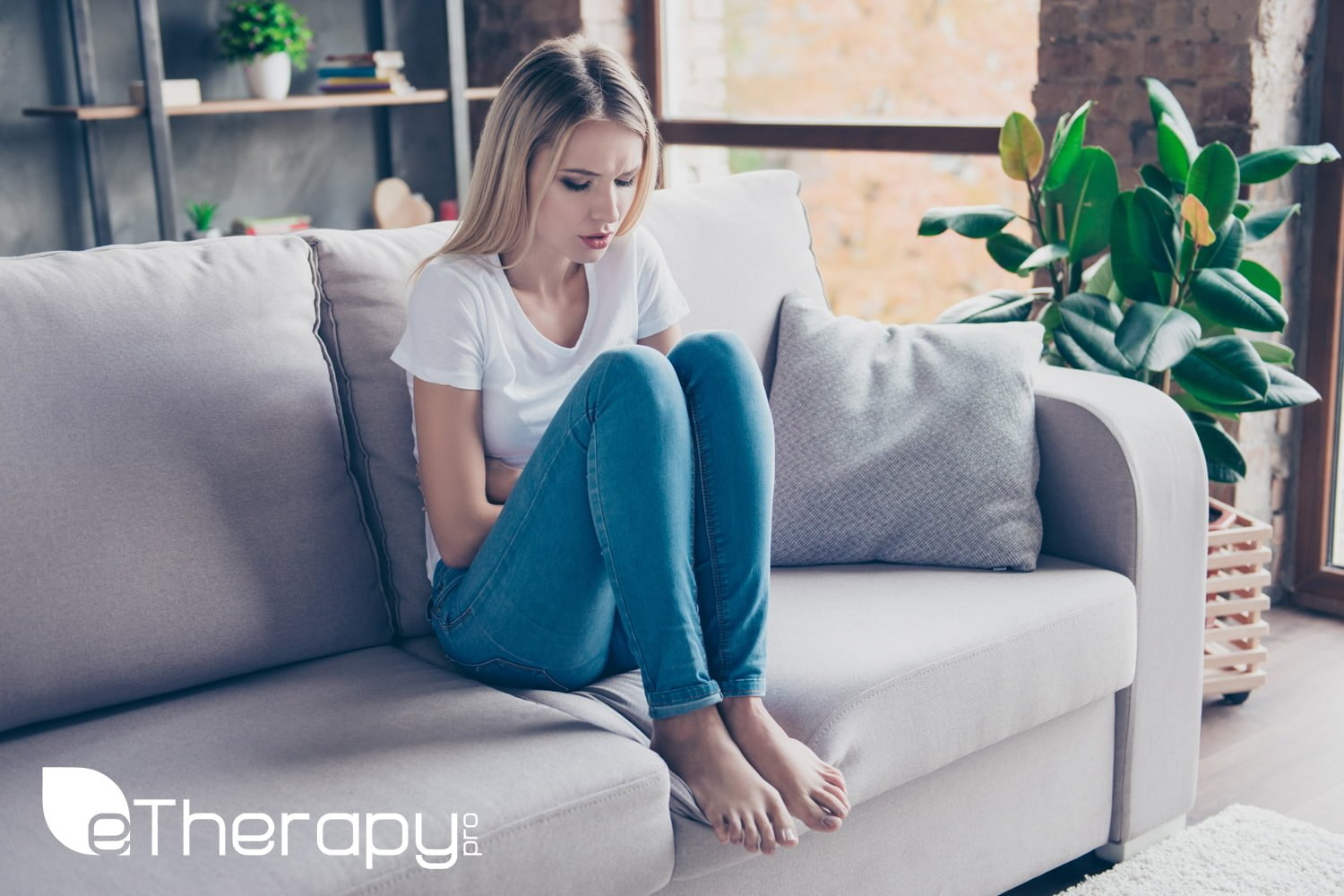
There isn’t one specific cause of anxiety disorders. They are not an illness like the flu which is caused by a virus, or a broken bone caused by an accident. They are a caused by a complex set of individual circumstances that include genetic and environmental factors. Each person that suffers with an anxiety disorder has a unique story of how that came to be a reality for them. Each story is unique, but when looked at as a large group, patterns and similarities emerge.
Research indicates that there is a strong genetic component that may contribute to anxiety disorders. Scientists have not isolated a specific gene that makes a person predisposed to an anxiety disorder. If you have a family member with an anxiety disorder, you are more like to also be at risk of developing one at some point in your life. Your family history is no guarantee one way or the other, but it can put you more or less at risk. Life experiences can trigger a genetic tendency towards anxiety. If you don’t experience these triggering events, you may avoid this challenge in your life.
Our environment and the experience we grow up with shape our mental processes and in some cases, set us up for developing an anxiety disorder. Children who grow up in an abusive or neglectful home can be at risk for an anxiety disorder. Their life experience has taught them to always be on guard, and that it is not safe to trust. Individuals who experience homelessness, are refugees, live through war, or are victims of violence are also at risk. Individuals who do not have a strong support system are more at risk than those that do.
While having a difficult childhood, or experiencing severe trauma may place a person at risk for developing one or more anxiety disorders, it does not guarantee that they will. Some individuals are able to process these negative events and maintain good mental health and a positive outlook on life. Receiving appropriate counseling after these negative experiences can help prevent a severe disorder from developing.
In many cases it is a combination of a genetic predisposition towards mental health issues and negative life experiences that lead a person to develop an anxiety disorder. It is usually not one thing, but a list of several contributing factors, that finally tip the scale and send the individual into an anxiety disorder. The good news is that with professional help recovery and happiness is possible. There are many effective treatment options and many caring mental health professionals available.
